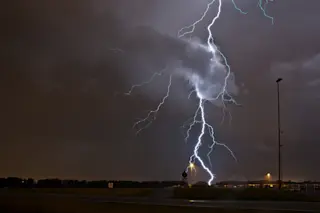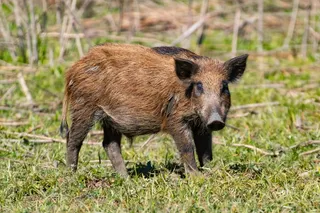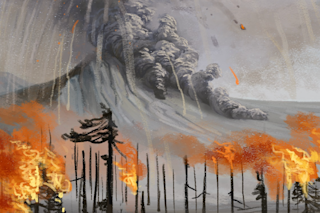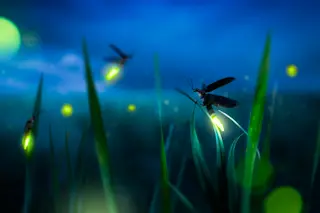(Inside Science) -- In the spring of 2020, as the coronavirus spread and many places in the world imposed lockdowns, humans used less energy and many spent more time in their homes. As a result, air and water became cleaner, fewer animals were killed by vehicles, and the world grew quieter.
Now, researchers think they have found another impact of the lockdowns -- less lightning in the spring of 2020.
Scientists believe that tiny particles in the atmosphere called aerosols contribute to lightning, and human activities such as burning fossil fuels release aerosols. A study published last year showed that since humans released fewer aerosols during lockdowns, the concentration of aerosols in the atmosphere decreased. Last month, researchers at the American Geophysical Union meeting in New Orleans presented findings showing that this drop in atmospheric aerosols coincided with a drop in lightning.
Earle Williams, a physical meteorologist at the Massachusetts ...














